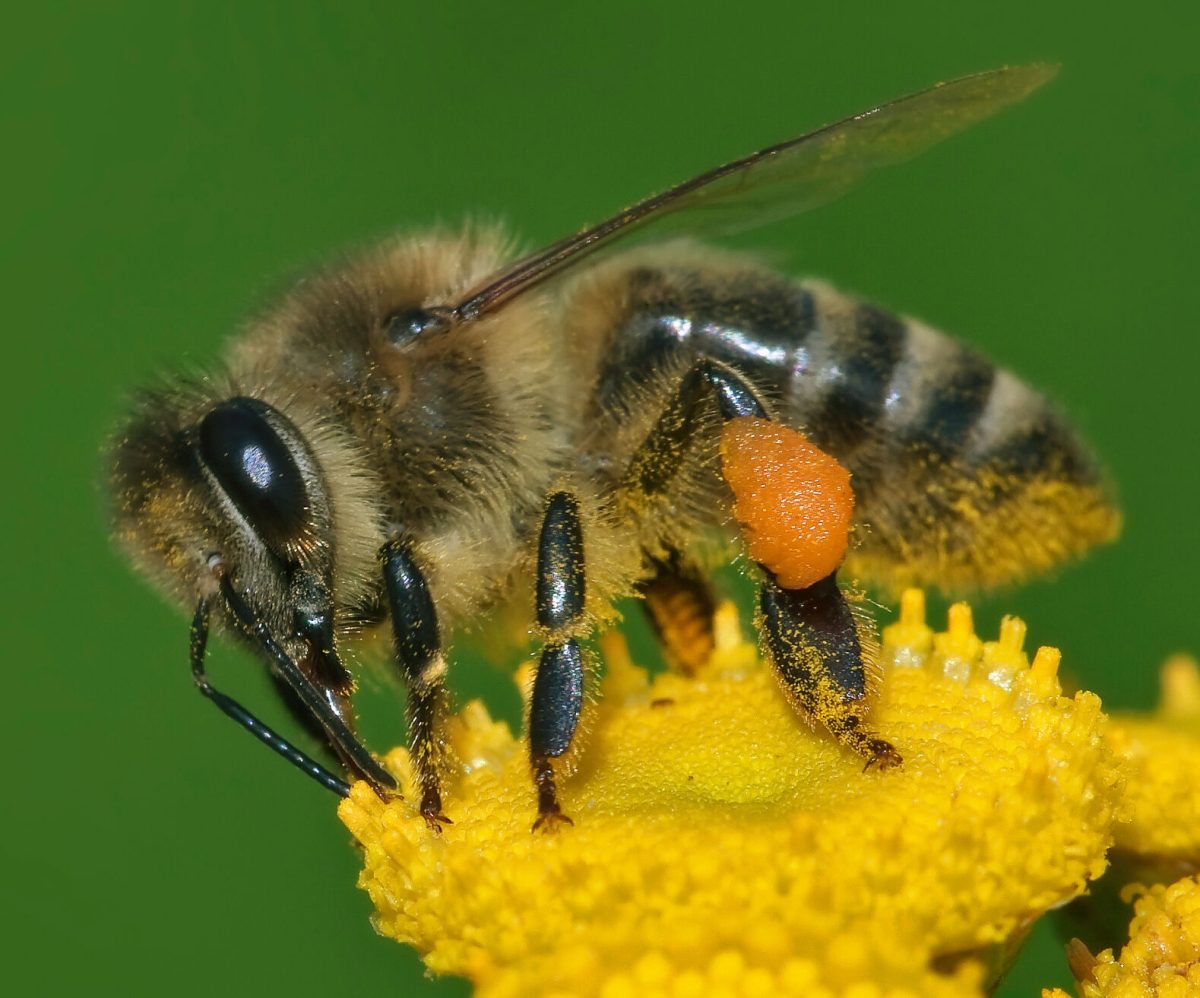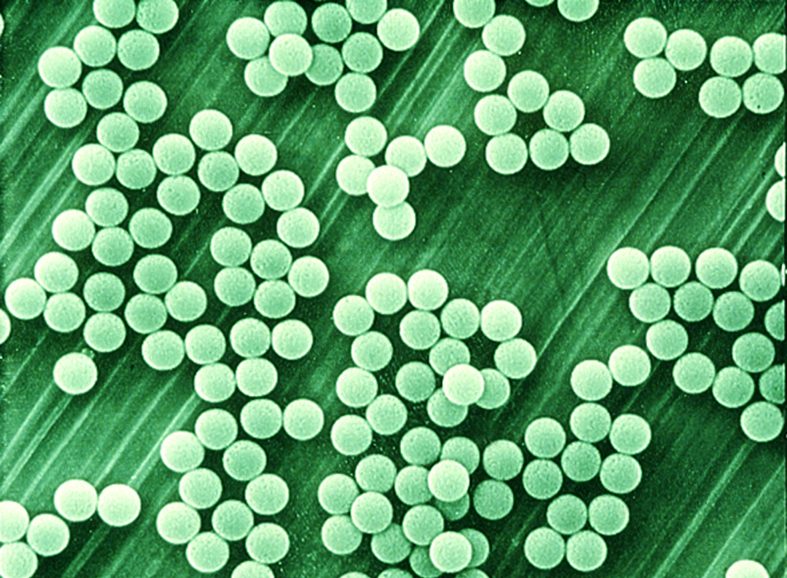If the bees die, we all die. These tiny pollinators are vital for ecosystems around the world, yet pesticides introduced into the habitats of bees are detrimental to their survival. Toxic chemicals are sprayed onto weeds and crops, and in turn, when bees pollinate, they ingest the pesticides, which ultimately leads to their death.
However, in a recent study from Cornell, published in Nature, new technology has been developed to provide an antidote to deadly pesticides. The mechanism of this technology is to detoxify pesticides before they even hit the bees’ stomachs. Microparticles carrying chemical compounds can be fed to bees, reversing the toxicity of pesticides so that there is no negative effect on the insect.
Exposure to pesticides is one of the main contributors to the decline in healthy pollinator populations. The specific types of insecticides that affect bees are known as organophosphates. Organophosphates operate to decrease neural signaling in bees. In this process, the enzyme acetylcholinesterase breaks down acetylcholine, a chemical critical to muscle function. This results in inhibition of proper muscle movement and ultimately death.
To counteract the effects of organophosphates, an enzyme known as phosphotriesterase was encapsulated in the microparticles. These microparticles were inspired by and designed to mimic pollen. The pollen-inspired microparticles were shown in the study to be 90% efficient at absorbing organophosphates.
In the study, calcium carbonate microparticles delivered phosphotriesterase to the common eastern bumblebee, Bombus impatiens, and the western honeybee, Apis mellifera. Calcium carbonate microparticles are ideal for this process because they are consumed easily by bees and are easily able to be manufactured inexpensively in large quantities. They also proved to be resistant to the pH of a bee stomach, protecting the phosphotriesterase from degradation in acidic gastrointestinal conditions while retaining its ability to load biomacromolecules.
Phosphotriesterase pollen-inspired microparticles (OPT-PIMS) could be used to greatly detoxify organophosphates present in the bee gut after acute exposure. Further research is required to determine the exact route for colony-scale testing, but this method could potentially be implemented in areas of intensive agriculture to retain pollinators. These results are promising for the future of the bees and life as we know it.
Tigra scientifica aims to make scientific literature accessible to general audiences. The column is written by the students of Dr. Lesly Temesvari’s Popular Science Journalism course, BIOL 4940.
Categories:
Tigra scientifica: Pollinators, pesticides … problems?
Valancy Harrison, Contributor
November 3, 2021
0
Donate to The Tiger
Your donation will support the student journalists of Clemson University. Your contribution will allow us to purchase equipment and cover our annual website hosting costs.
More to Discover















